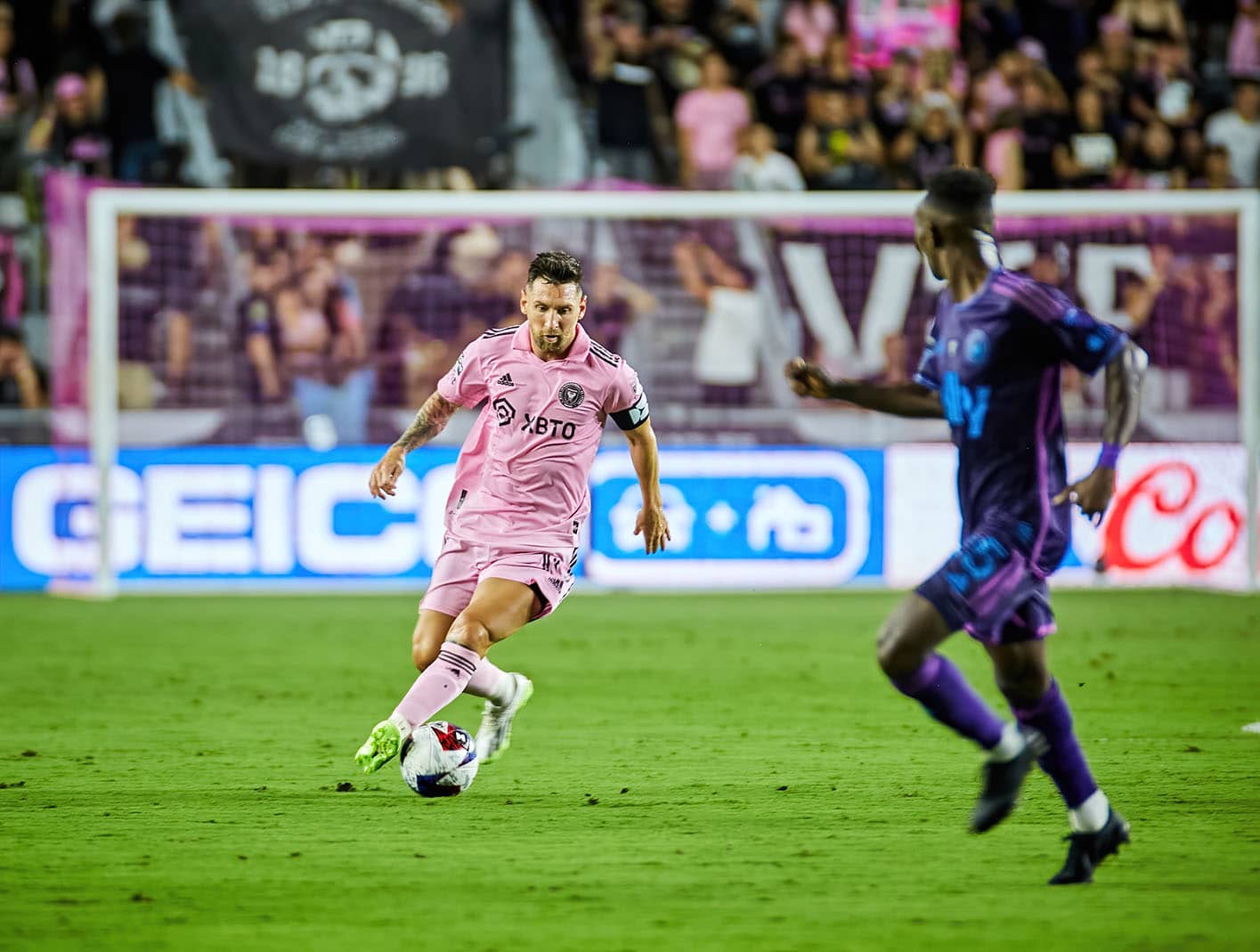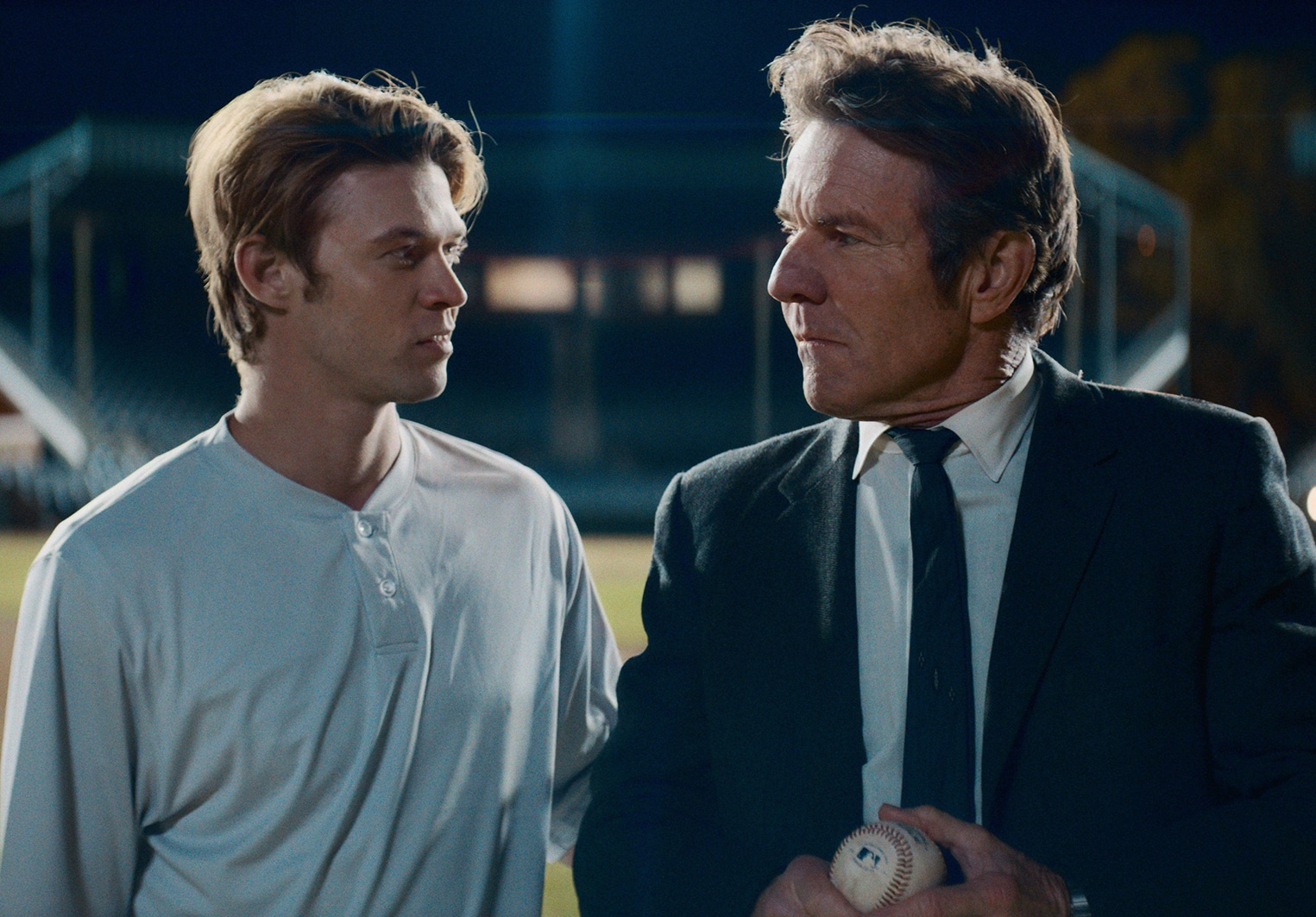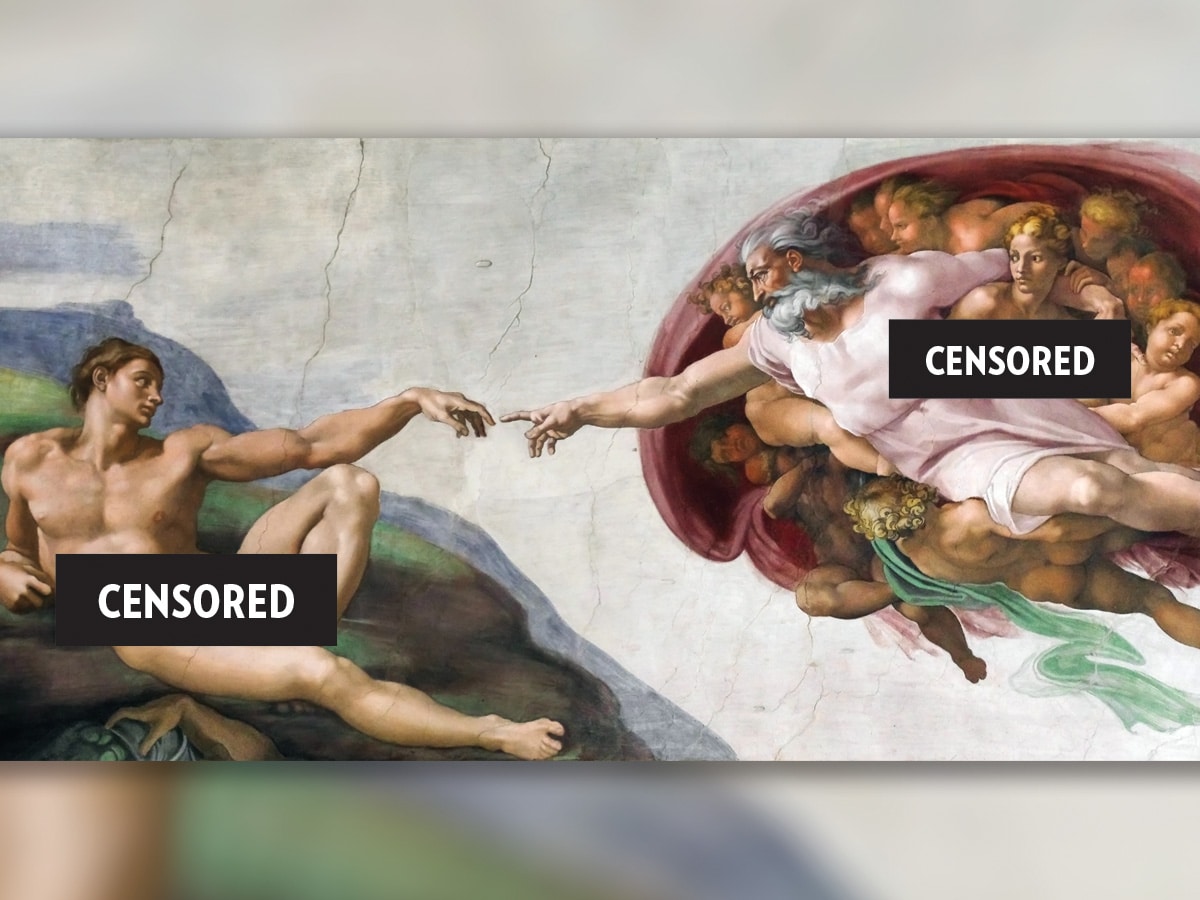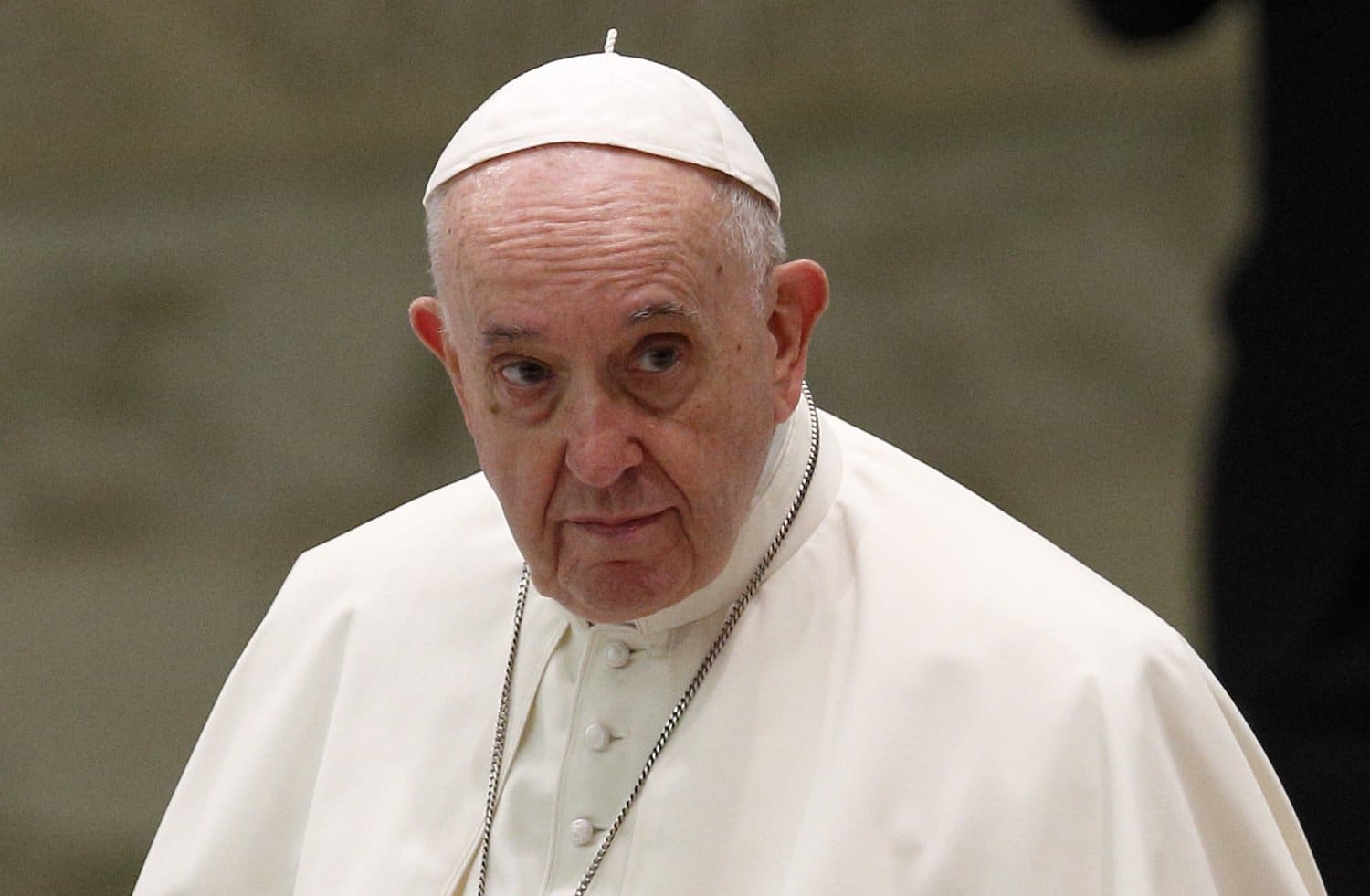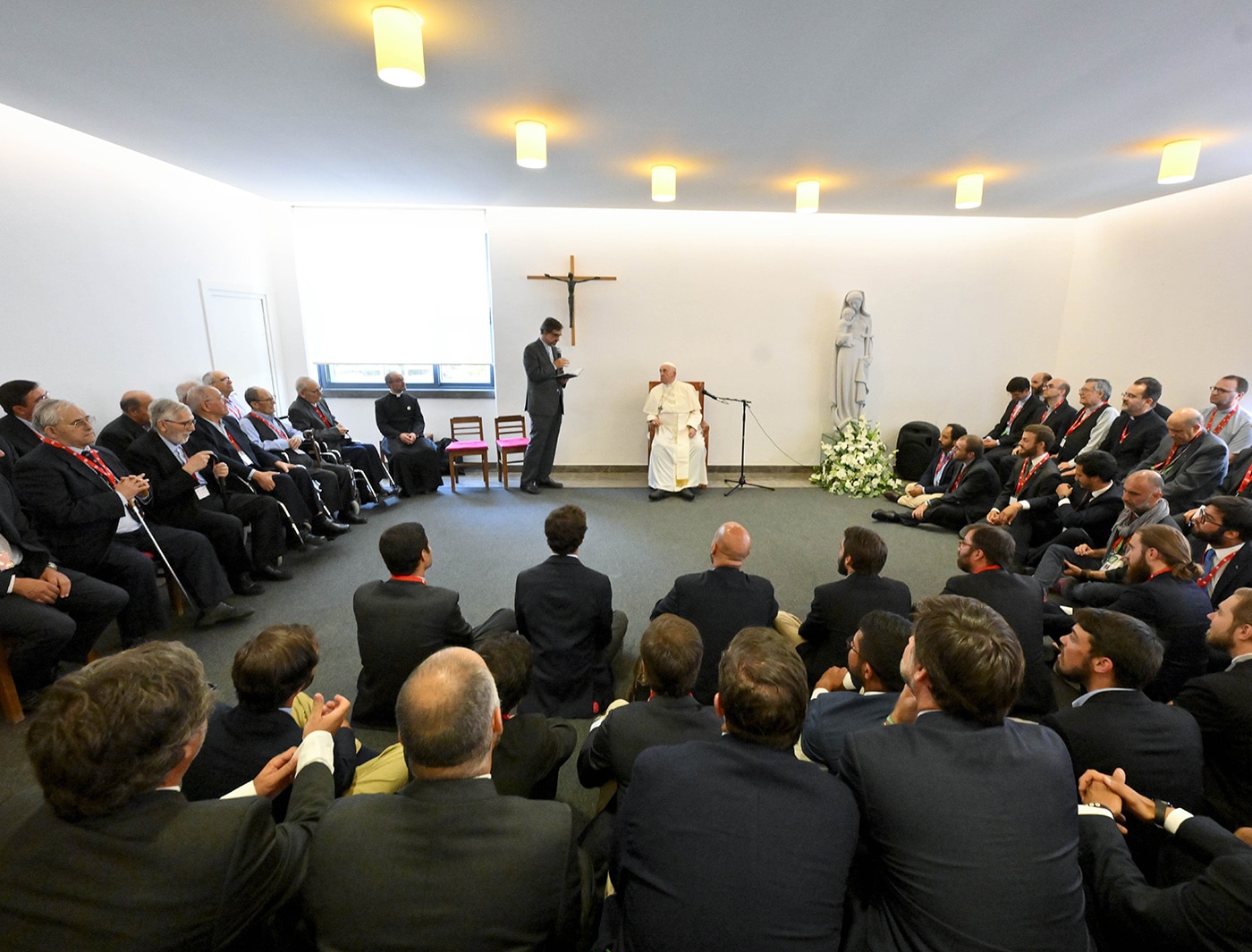What we Americans call “soccer” (which the rest of the world calls “football”) has had a sketchy history in the United States. While it is played by millions of young children on nearly every recreational field–er, pitch–in the country, it has enjoyed neither the social embrace as a recreational activity nor the commercial success as spectator sport as America’s big three leagues, baseball, football, and basketball, and their Canadian cousin, hockey. Sometimes temporarily resuscitated by aging international stars at the ends of their careers, professional soccer leagues in the U.S. have come and gone, usually without widespread knowledge that they even existed.
This trend has shifted significantly in recent years by the relative success of Major League Soccer (MLS), the first top-tier professional league in the U.S and Canada. MLS seems to have weathered the storm of early development to become a notable presence in our collective sports consciousness.
MLS and a new trajectory
As of July 21, 2023, MLS may have begun a trajectory to establish itself as the next great American fan sport. That was the date of the debut of 5’7″ Argentine giant, Lionel Messi, perhaps the greatest footballer ever to lace up the boots.
Messi will not save North American professional soccer. It is no longer in need of that. But in four short weeks, before he has even played in an MLS league match, Lionel Messi has single-footedly elevated professional soccer in the U.S. to sublime heights.
For more than a decade, Messi and Portuguese superstar Cristiano Ronaldo have competed for the mantle of the world’s best living soccer player. In the primes of their European careers, Messi’s Barcelona team maintained a fierce rivalry with Ronaldo’s Real Madrid for supremacy in Spain’s top league, La Liga.
In 12 of the 13 years it was awarded from 2008 to 2021, either Messi (seven times) or Ronaldo (five times) won the Ballon d’Or trophy as the world’s greatest player. (Only one player, Croatia’s Luka Modric interrupted their run, winning the award in 2018; and it was not awarded in 2020 because of Covid.) Each year that Ronaldo won the Ballon d’Or, Messi finished second in the voting; and Ronaldo finished second in four of Messi’s seven winning seasons.
Tournament play
In 2022, Messi crowned his international career by leading Argentina to victory in the World Cup. He also won the Golden Ball trophy crowning him as the tournament’s best player. Then, after completing a two-year stint at French club Paris St. Germain, Messi brought his talent to Inter Miami, the team with the worst record in MLS. As of this writing, even though Inter Miami have yet to play a league match, Messi has already staked his claim not merely as the most exciting player in MLS, but in the history of North American soccer.
Final-Bound 🥳 | @opencup @intermiamicf pic.twitter.com/0QCoGHCxJb
— U.S. Open Cup (@opencup) August 24, 2023
Like their European counterparts, MLS teams play in various tournaments throughout the season in addition to league matches. Messi’s arrival at Inter Miami coincided with the commencement of one such competition, the Leagues Cup, a tournament featuring every club in MLS and Mexico’s Liga MX, to crown the champion of North America.
Messi’s performance in his six games in Leagues Cup competition was nothing less than astonishing. In leading his team to the championship, he scored 10 goals, but easily could have scored 12 as he allowed a teammate to take two penalties in his stead. For good measure, he followed that up with two brilliant assists in Inter Miami’s stunning victory over F.C. Cincinnati in the semifinals of another tournament, the U.S. Open Cup.
Messi and the transcendent
And his overall play transcended even the number of goals. Lionel Messi is not the best player in the world merely because of his physical skills. Rather, he sees things on the pitch that no other player sees. He seems to know where every player on his and his opponents’ team is at all times.
LIONEL MESSI WHAT A CROSS TO ASSIST THE GOAL!pic.twitter.com/mtrRLealzl
— Ankur (@AnkurMessi_) August 24, 2023
More importantly, he seems to know where they are going. He can put the ball on a teammate’s boot from 30 yards away; or he can dribble through five defenders to score goals with his devastating left leg. And in every instance, he makes it look as though it’s as simple as a normal person walking to his mailbox.
In the end, though, we must resist the temptation to see sport as an end in itself. Sport is an outlet of sorts, but also a school for virtue. It can be a fulfilling, meditative source of moral reflection, pointing toward something greater. Sometimes we don’t watch to see who wins, but rather to observe the grace and elegance of the players, reflecting the glory of their creator.
Without overstating the matter, sports can point to the transcendent dignity of human ingenuity. The beauty of soccer is in the sublime performance of its best players, moving with grace and purpose to achieve those elusive opportunities that turn defeat into victory. Lionel Messi is a worthy guide on the ascent toward a vision that, if not beatific, is certainly joyful.

